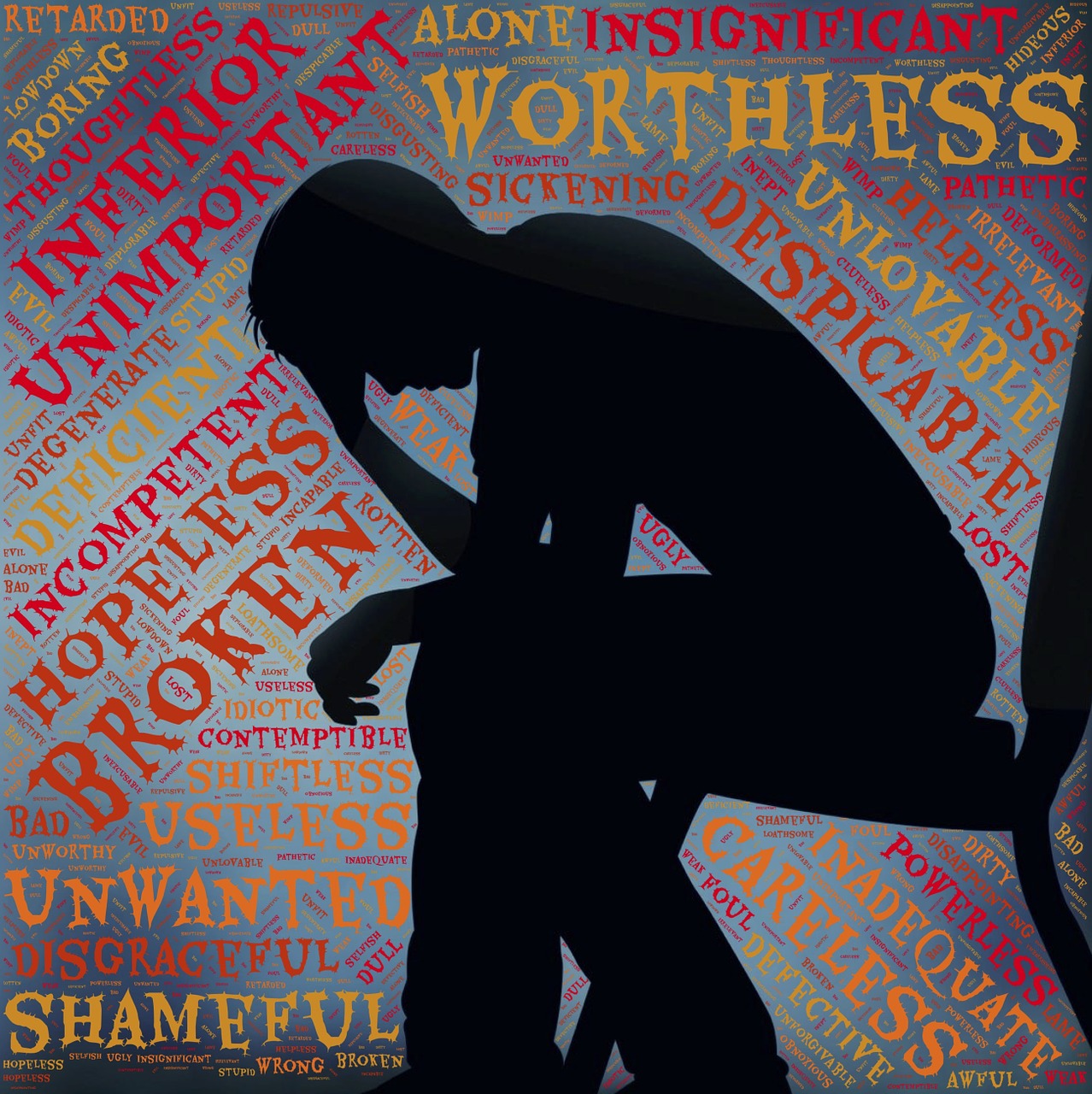
“Clinical depression has become one of America’s most costly illnesses. Left untreated, depression is as costly as heart disease or AIDS to the US economy, costing over $51 billion in absenteeism from work and lost productivity and $26 billion in direct treatment costs. Depression tends to affect people in their prime working years and may last a lifetime if untreated. More than 80 percent of people with clinical depression can be successfully treated. With early recognition, intervention, and support, most employees can overcome clinical depression and pick up where they left off.” So says, Mental Health America.
Where anti-depressants were once the cure-all, they are now under serious debate, some doctors and psychiatrists charging that anti-depressants are the cause of many suicides. How can the very medicine used to keep people from being depressed cause them to commit suicide? Here’s what I found: Depression and the behaviors surrounding it are the mind’s natural process for dealing with troubles; the isolation, numbness, and other ways the mind seeks to deal with stress gives it the time it needs to recuperate. Taking anti-depressants can cause a person to come out of these natural behaviors that a person would normally exhibit and allows them to commit suicide.
So, what is an alternative? Irving Kirsch, PhD. is one of the lead researchers in alternatives to anti-depressants, is the Associate Director of the Program in Placebo Studies at Harvard Medical School, and a pioneer of the use of hypnosis in treating depression. Kirsch has appeared on the popular American television program 60 Minutes in a segment called Treating Depression and has written a controversial book, The Emperor’s New Drugs: Exploding the Antidepressant Myth. Here’s the gist of Kirsch’s findings:
1) Nearly 80% of antidepressant prescriptions are written by physicians, who are not psychiatrists.
2) Prescribing medication alone is too one-dimensionally biological a treatment, an unambiguous under-treatment that may help explain the higher rate of relapse associated with purely pharmacological approaches.
3) Clinicians can better view and treat depression from a multi- dimensional perspective, especially using hypnosis as a means of encouraging the client to adopt the empowering perspective that, “I am more than my biology.”
4) Clinicians would do better to encourage the client to be an active partner in a collaborative treatment process. They can do so by providing active psychotherapies which may best utilize hypnosis as a means of facilitating the client’s acquisition of skills known to reduce and even prevent depression. (Italics and bold mine)
You can read the full write-up on the American Psychological Association website by clicking HERE.
The question now is, how much is depression costing your organization in the form of lost opportunities, lost customers, absenteeism, workplace violence, stress, anxiety, and more?
If you would like to learn about alternatives to pharmaceuticals and long-term therapy, please contact me.

